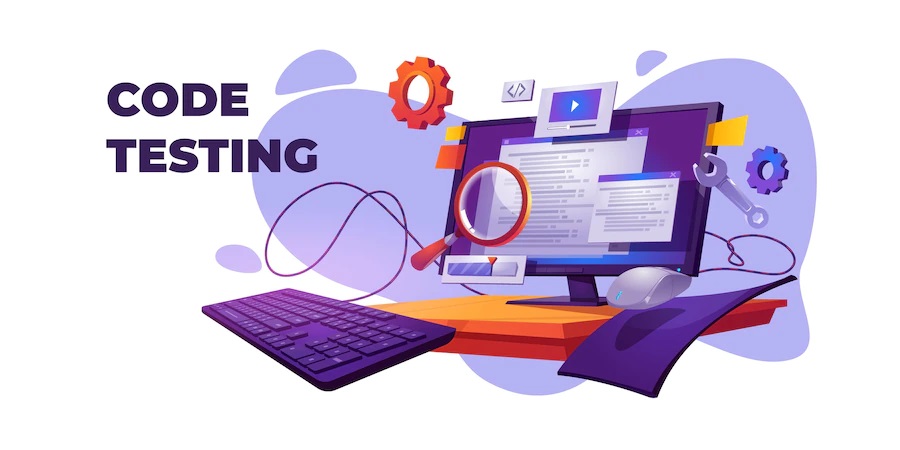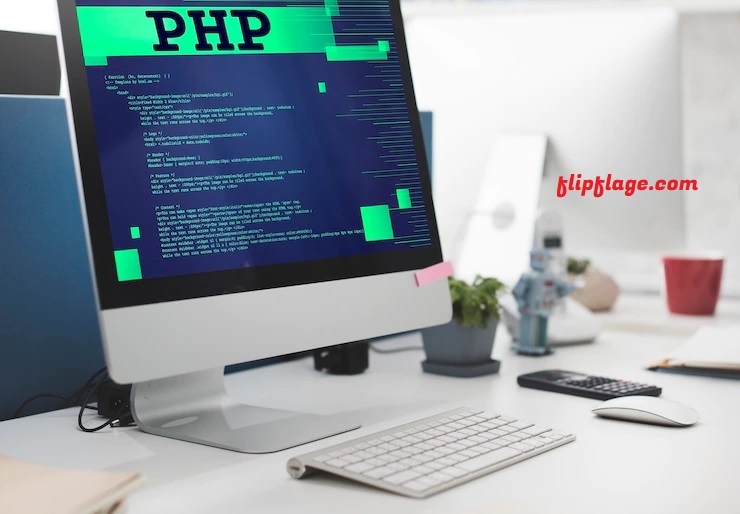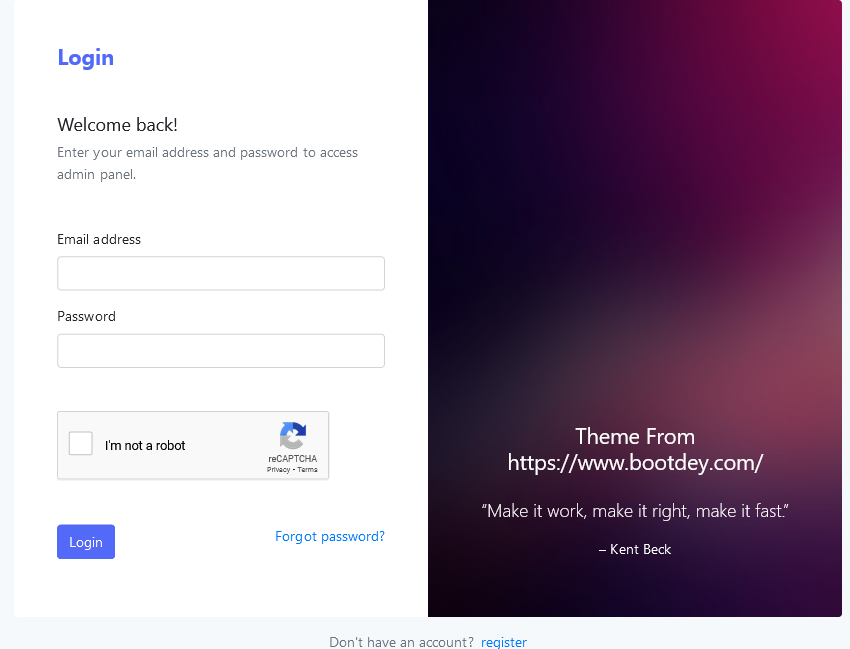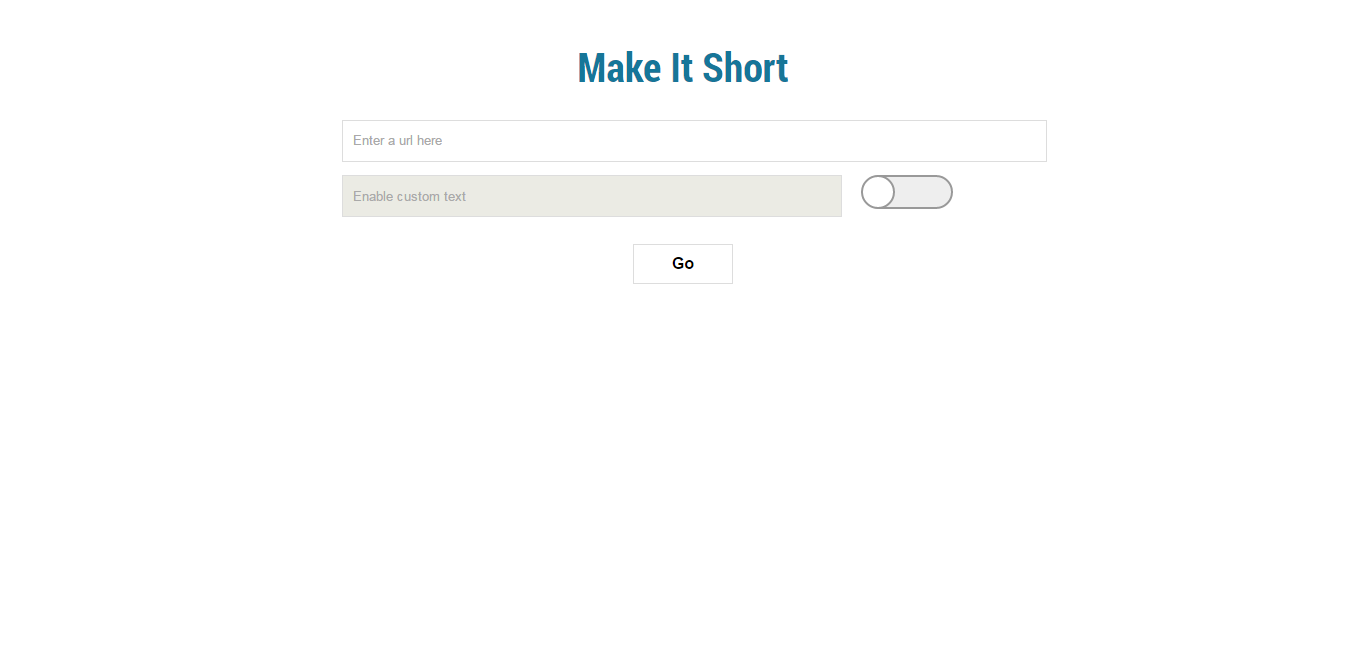“Many are called, but few choose,” goes the proverb among programmers. This is because to be a successful programmer is not by just learning a programming language. You need to know the do and don’t of programming language in general. Coding has a foundation, the problem is many find it difficult to sink it into the brain easily. This article will help you to understand coding foundation – how to make it sink into the brain easily.
Understanding What is Coding
The coding process is a process of translating a written or verbal description of a problem into a set of instructions that a computer can understand. Coding is the process of transforming those instructions into a form that the computer can understand.
Coding is an essential skill for anyone who wants to work with computers. It is a fundamental part of the software development process, and it is also used in a variety of other fields, such as engineering and law.
There are a number of different coding languages, and each one has its own set of instructions. In order to code, you need to understand how these languages work and how to translate those instructions into solving real-life problems.
The Coding Foundation: An Overview of Becoming a Coder
There are many ways to become a coder. You can study coding in school, take a coding bootcamp, or learn coding online. Here are a few tips to help you get started:
- Start with a basic coding course. This will teach you the basics of coding, such as how to write code, use variables, and use loops.
- Take a coding bootcamp. A coding bootcamp will give you the opportunity to learn coding from experienced instructors.
- Learn coding online. You can learn basic coding online, or you can take more advanced coding courses that will teach you more about coding.
Coding: Easy or Hard to Learn?
In the world of coding, it can be easy or hard to get started. There are a variety of coding languages and platforms out there, and it can be hard to know where to start.
It can be easy to get frustrated with coding if you don’t have any experience. However, with a little effort and some patience, you can start to learn the basics.
If you’re new to coding, it can be easy to get lost in the weeds. There are a lot of different coding languages and platforms out there, and it can be hard to know where to start.
Coding Foundation – How to make it Sink into The Brain Easily

You are an inquisitive person who may have purchased a book on Python tricks and made some progress for a few days. However, as a beginning or someone transitioning towards Data Science, this is insufficient. You must maximize your learning and retain what you have learned. You’ll eventually ‘hit the wall’ and give up if you don’t.
To make coding foundation sink into your brain easily is very simple. These are the three steps you must follow.
- The Learning Process
- Improve your memory with Tricks.
- Practice for Perfection
#1. The Learning Process
The brain’s adaption to anything new is called learning. When learning to code Python, including its syntax, or when using it in a Jupyter Notebook, for example. Your brain is changing physically in order to absorb that new piece of knowledge.
Also Read The Exciting Journey of My Coding Experience: Onwumere Franklyn
Your brain adapts to new situations by building new neural connections. When you read a for loop, for example, your brain activates a specific neuron path, causing additional branches to grow. It will be easier to code a ‘for loop’ if there are more branches linked with it.
#2. Improve Your Memory With Tricks.
Memory is a broad term that encompasses a variety of concepts. Short-term memory (remembering a phone number for a few seconds) and long-term memory are two examples (remembering Python syntax). Each type of memory is housed in a different part of the brain. As a result, the part of your brain that stores your typing skills is not the same as the part that stores Python syntax.
This is significant since there is no single approach for memorizing everything you wish to learn. As a result, using the right strategy will provide you with greater benefits. I have included four characteristics below that have a good impact on your ability to remember knowledge. In other words, these factors aid in the development of new neural branches in your brain.
- Practice makes a piece of information more likely to be transferred from short-term memory to long-term memory. According to neuroscientists, the ability to recollect information improves in direct proportion to the number of days spent practicing. However, repeating the same lines of code all day is not the most effective approach to learning.
- Spacing: Studies show that lengthening the time between study sessions improves your ability to remember material for extended periods of time. The better you get, the longer you can go between reviewing the same information. If you always get things right, move on to something you’re still not very good at. As a side note to students, this is also why cramming for exams rarely works. As a result, studying frequently during the course will help you achieve higher results.
- Amount of Processing: The amount of brain processing that goes into a piece of information determines how well it will be remembered in the long run. Instead of repeating a word in your head, try to think about what it means. Let’s imagine you wish to remember the term Python. You will be more likely to recall the word if you visualize a threatening python snake attacking you rather than just repeating it mechanically.
- Interference: There are two types of proactive and retroactive interference. When something you learnt before has an effect on what you learn later, this is known as proactive interference. It may interfere with your capacity to learn new Python functions tomorrow if you are studying for a driver’s license test today. Retroactive learning, on the other hand, occurs when later learning has an impact on what you’ve already learned. If you begin studying for your driver’s license exam, you may find it difficult to recall knowledge from last week’s python session. Furthermore, neuroscientists have discovered that people lose new information more easily during the day than after a night’s sleep.
#3. Practice for Perfection
You now have a general understanding of how learning and memory work. Here are some ideas for putting it all together and taking your coding talents to the next level.
- An in-depth look into coding. As I already stated, pick one programming language and stick with it. It’s not a good idea to learn Python and Java at the same time. Until you master Python, live and breathe it. Read Python-related news and articles. Why do data scientists favor Python, for example? What libraries are now accessible for download? Try to discover a blog on python coding that interests you. View videos of people using Python to code. Interact with other Python programmers if at all possible.
- Study for longer and longer periods of time. I strongly advise you to watch the video below to learn how to use flashcards to execute a spacing method. The more information you forget, the more work it will take to regain it. As a result, you’ll be more able to recall it the following time. If you want to learn how to write quicker or without glancing at the keyboard, you can use this strategy to improve your typing skills.
- Keep your expectations in check. Although this is not a memory method, knowing where you are today in terms of programming skills and understanding where you want to go makes a huge impact. Why? You will be able to design realistic development plans without becoming frustrated if you do so. Making mistakes while learning will also not result in death. You’ll have more time to meet and communicate with individuals who share your interests, which will help your brain adjust to a new environment and discussions, improving neuroplasticity.
Conclusion
Finally, integrating neuroscience studies on learning and memory can help you enhance your coding skills. On the one hand, neuroplasticity is essential for learning, yet it is a long and laborious process that requires regular practice.
Trying to learn numerous things at once, on the other hand, can cause your learning curve to slow or even stop. You don’t want to squander any of your time. So, hack your long-term memory by adopting particular routines like studying for longer periods of time and with less interruption. Small, regular improvements are the key to mastering code, according to neuroscience.
Photo Credit: https://www.freepik.com/free-vector/




